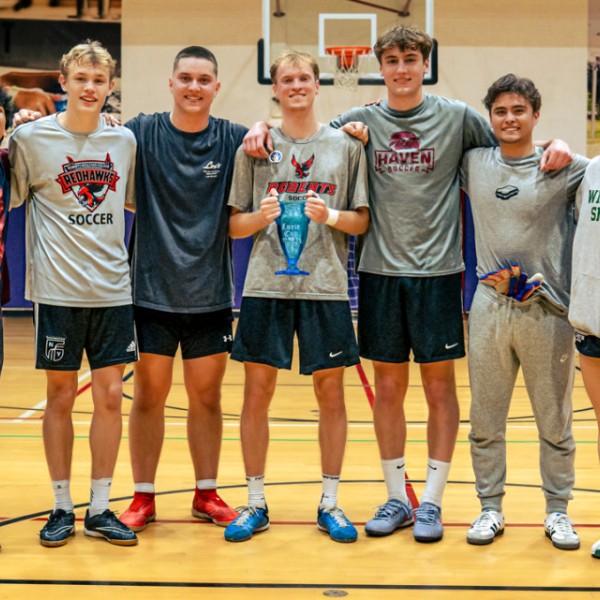Indigenous communities in the tropical lowlands of Latin America have for generations faced insecure claims on their lands. In recent years, efforts to formally recognize land rights have merged with environmental policies to protect forests and mitigate climate change. As part of his Ph.D. work in the Department of Global Development, Fernando Galeana Rodriguez, Ph.D. ’21 combined his passions for environmental justice and indigenous land rights to study and support the Miskitu population of Honduras.
We sat down with Fernando to learn more about his research, his past work in international development, and his next chapter as an assistant professor of sociology and integrative conservation at William & Mary.
What are the big challenges or issues that your research confronts?
It is estimated that as many as 1.5 billion people globally experience insecure land and property rights. Improving the land-tenure security of poor and historically marginalized populations is one of the biggest challenges in development policy. Yet, as my research in Latin America shows, providing land titles does not automatically translate into secure property rights. In fact, land titling programs can put communities at risk by facilitating the commodification of land and natural resources.
My goal as a social scientist is to raise awareness about indigenous land rights while continuing to advocate for more robust property systems to protect community land and resources.
What was your research focus in the Ph.D. program?
During my time at Cornell, my research dwelled on cultural recognition, agrarian transformations and social mobilization. I studied the aftermath of a land titling initiative in Honduras through which the Miskitu people secured property rights over their homelands in the region of Moskitia. The titling process required that the Miskitu divided their land into twelve territorial councils to comply with the requirements imposed by the Honduran government. Each territorial council received an inter-communal property title that recognized their ancestral ownership over the land and natural resources. The twelve titles covered approximately 12% of the country’s surface, which indicated the significance of this territorial recognition.
The titling of collective land rights culminated three decades of social mobilization by Miskitu activists. Still, questions remained about whether the titles could protect their lands from encroachment by colonists and external interests. The inter-communal property titles had also produced an institutional framework that represented a new way for the Miskitu people to relate to the government, NGOs, and themselves. My research focused on understanding the cultural transformation unleashed by the inter-communal titles in the context of an advancing agrarian frontier.
What inspired you to work with indigenous land rights?
My interest in the territorial struggles in the Honduran Moskitia emerged from my participation in a World Bank-funded project that supported the titling of the first territorial council in 2012. In my role as a World Bank consultant, I traveled to the region to supervise the consultation with Miskitu communities and led a study tour of government officials and indigenous leaders to Colombia and Nicaragua to learn from similar experiences. The geography of the region and the complexity of the case fascinated me. I felt both curious and responsible for finding out if the land titles could improve tenure security for the communities. Through my research, I found that tenure security continued to be undermined by the government’s lack of commitment to evict illegal occupants and clarify the jurisdictional competencies of the territorial councils and local governments. One of the lessons learned is that conflict resolution mechanisms need to be a part of the institutional framework.










